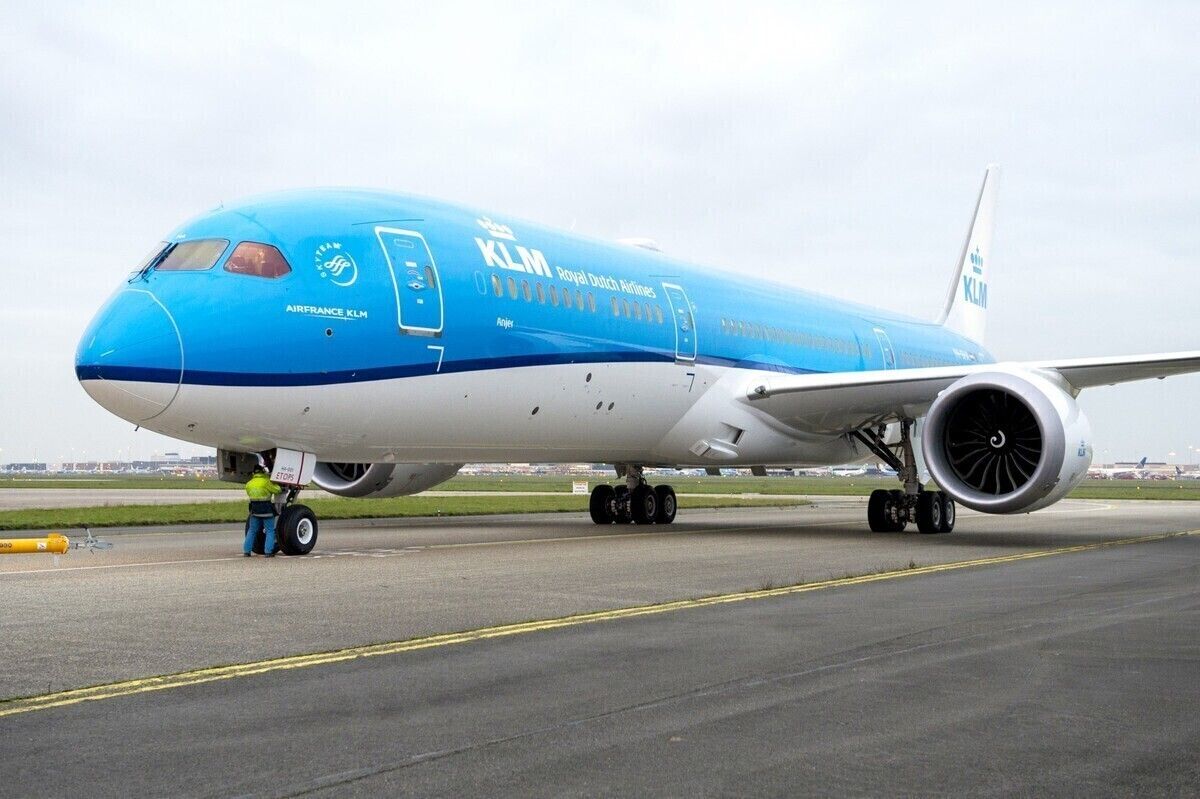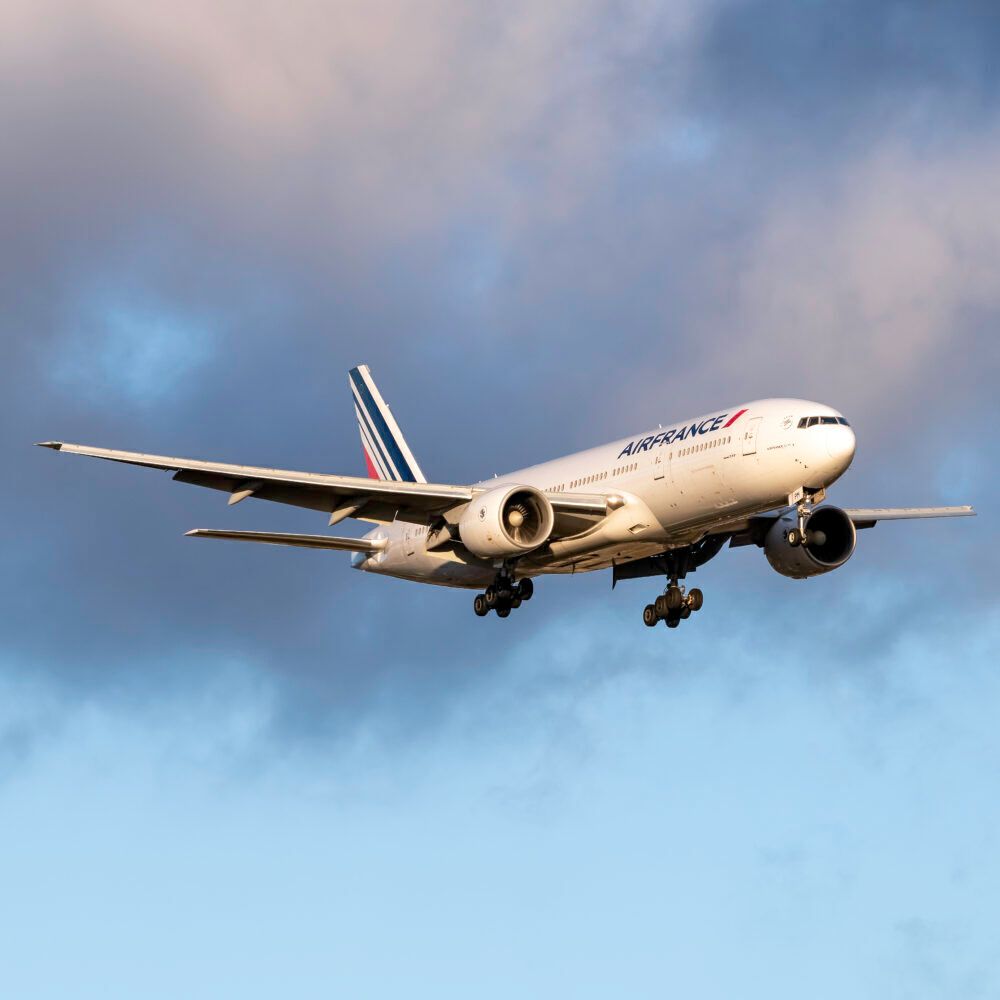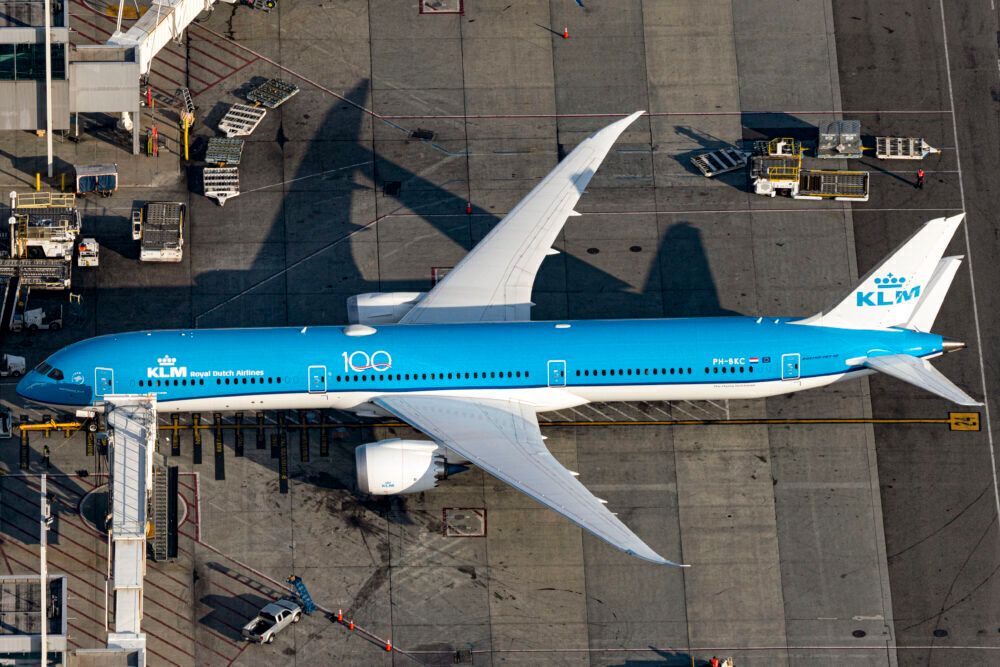With the global health crisis easing for most parts of the world, KLM Royal Dutch Airlines appears to be in a stable financial situation as it recovers from a disastrous 2020. Indeed, the airline's CEO said that the carrier has a solid cash position and that there won't be a need for further government support.
A good cash position
During a CAPA Live interview this week, KLM CEO Pieter Elbers was asked about airline recovery and the need for more government assistance. Elbers pointed out that last year his airline was granted 3.4 billion euros ($4.15 billion) in government assistance. This consisted of a one billion euro loan ($1.22 billion) and an additional 2.4 billion euro ($2.93 billion) guarantee.
"By the end of 2020...we used 940 million [euros] out of this 3.4 billion," Elbers stated, adding “We still have solid basis and foundation - with some of the light at the end of the tunnel, our view today, on the cash side, is we are good. There is no need for further steps.”
Stay informed: Sign up for our daily and weekly aviation news digests.
Equity-related discussions with the EU continue
While the airline is in a relatively stable cash position, Elbers notes that equity-related discussions are ongoing between the Dutch government and the EU (often referred to as Brussels).
"[Debt and equity] is a process we are doing with Brussels. The Dutch state is still in the midst of a discussion with Brussels on the issue of equity, not so much cash, more the issue of equity." -Pieter Elbers, CEO, KLM
Government equity- or owning a share of the airline - is something that the EU has been watching closely. Indeed, the European Commission has been involved in many discussions over the past year when it comes to airline rescue packages. One of the main focuses has been ensuring a relatively level playing field and healthy competition.
With this in mind, we have repeatedly seen the EU demand that airport slots be given up in exchange for financial assistance. The following examples come to mind:
- Some of Lufthansa's slots were demanded in exchange for state-aid.
- Air France was forced to surrender some Paris-Orly slots in a new refinancing deal.
- Discussions over slots have been challenging for the new Alitalia and the EU.
KLM's concessions
Most governments have made demands of their airlines in exchange for government support. The Dutch government is no different with respect to the support of its flag carrier, KLM.
Demands have included board representation, limits on pay and expenditures, a reduction in night flights, and an aggressive carbon emission reduction plan.
Do you think KLM has done a good job of tackling its pandemic challenges? Will you be flying on the airline in the future? Let us know in the comments.



